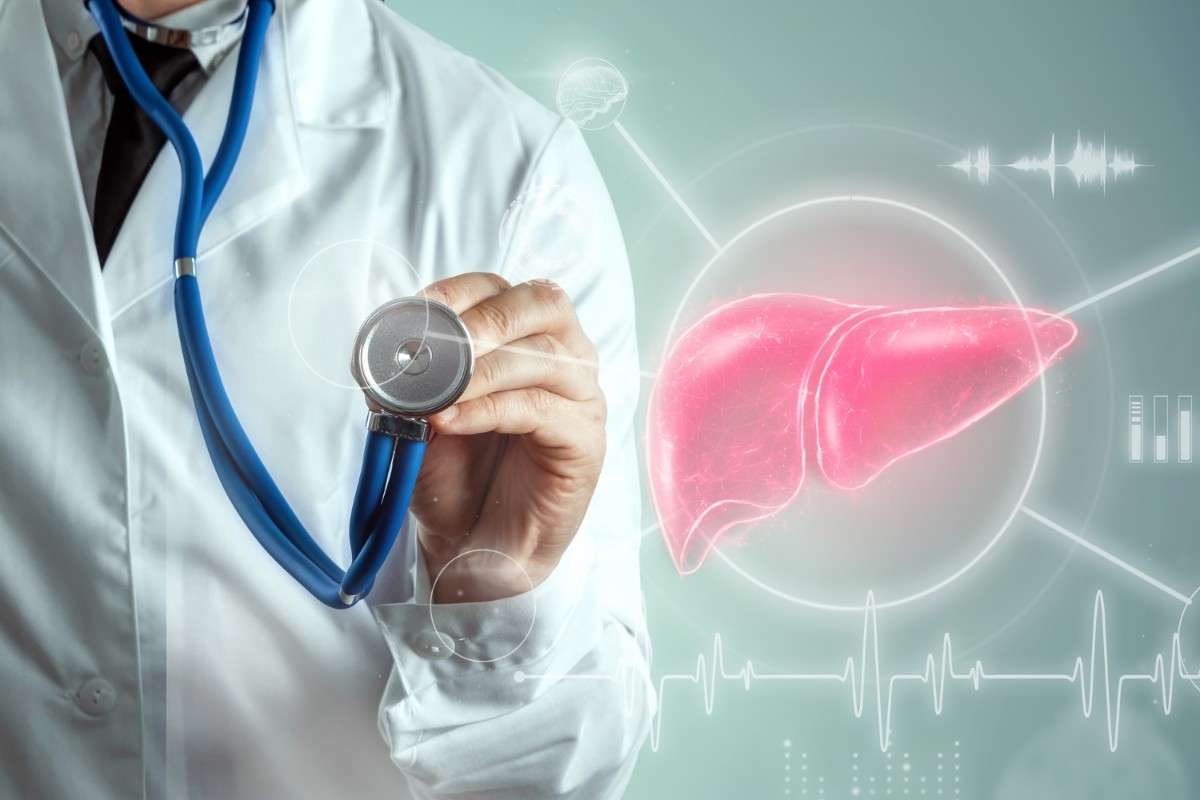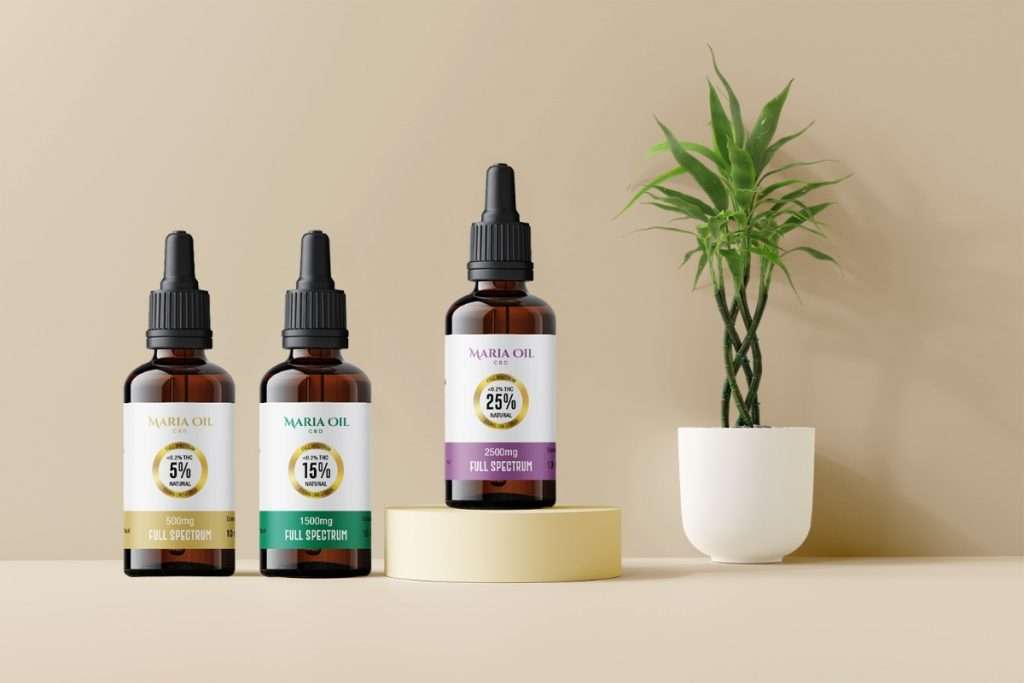CBD, or cannabidiol, is one of the most potent active ingredients produced by the cannabis plant. Humans have been using it in alternative medicine for thousands of years because of its healing properties. Recently, modern man has also rediscovered it as a viable alternative to over-the-counter drugs.
With CBD products you can treat a wide range of ailments and illnesses including anxiety, stress, depression, insomnia, pain, inflammation, seizures, nausea, and more.
But is it really possible to rely on such a powerful product without having to pay any price in return?
In a nutshell: are we really talking about a product that is safe for health?
You should know that cannabidiol is metabolized by the liver, like so many other substances. Therefore, many people wonder about the effects and whether there are any contraindications of hemp oil on the liver: whether it can be taken without any risk, whether problems may arise in the long run, or whether precautions need to be taken in order to follow a CBD treatment without any worries.
When first becoming familiar with this natural substance, it is normal to have thoughts.
It is already good that CBD is not psychoactive, unlike THC. But that does not mean that it cannot affect the body in other ways. Let’s find out together what science says about the effects and contraindications of hemp oil on the liver.
How does CBD affect the liver?
It is legitimate to have concerns about potential liver damage caused by CBD. Then again, if you’ve done a bit of product research, you will have seen that some contain a really high percentage of cannabidiol. In fact, unlike THC, the law does not place limitations on the concentration of CBD.
Scientists have obviously already carried out scientific research on CBD and liver to try to answer these questions. More will be needed to know for sure how CBD works on the liver, but with the data collected we can make some observations.
The liver reacts to CBD through the enzymes it produces. When the body comes into contact with CBD, the enzymes activate. As long as the amount of CBD is moderate, no abnormalities occur. Instead, when the amount of CBD starts to increase excessively, the fluctuations required to enzymes could lead to contraindications.
On this behalf, it is very important to know that not every product derived from cannabis contains the same percentage of active ingredient. CBD oil can have different concentrations of active ingredient, which range from 5% to up to 40%, while hemp oil is milder.
Generally speaking, CBD is a substance that is well tolerated by people of all ages and physical condition. We are discussing a safe substance.
So what are the possible implications? According to scientists, you should not fear the contraindications of hemp oil on the liver, so much as pay attention to the interaction between CBD and other drugs.
CBD can alter the effects of the drugs taken simultaneously, since they too are broken down by liver enzymes. By interacting with enzymes, cannabidiol can result in insufficient or excessive amounts of the other drug within the body. In this sense CBD can lead to negative consequences.
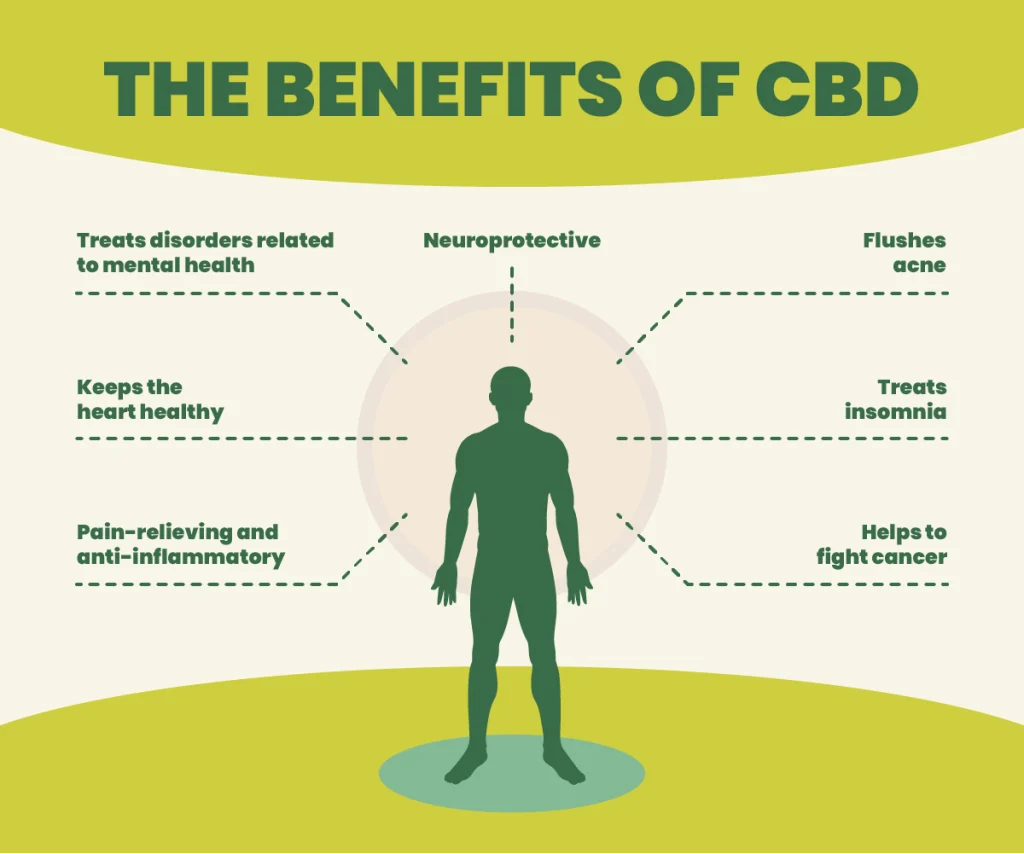
Does CBD help with fatty liver?
In fact, the effects of CBD on the liver are extremely positive. For example, scientists have shown that cannabidiol protects the liver from alcohol-induced steatosis. Alcohol consumption induces what is known as hepatic steatosis, also commonly called fatty liver.
One mechanism underlying fatty liver is increased oxidative stress. To reduce the risk of steatosis, it is most important to avoid increased oxidative stress. And researchers have noted that CBD works precisely as an antioxidant. Therefore, it can be effective in preventing alcohol-induced steatosis.
By reducing oxidative stress and eliminating cells not needed by the body, CBD is able to prevent fat accumulation by protecting the liver.
Thus, according to scientific studies to date, it appears that the effects of CBD on the liver are positive. You can breathe a sigh of relief if you’ve been thinking about pursuing therapy.
Of course, to prevent fatty liver, you should avoid excessive intake of unhealthy fats. Hemp oil is therefore effective to its fullest potential when used within a broader holistic approach that also works on your habits and behaviour.
Can CBD cause liver damage?
The answer seems to be No, if you use CBD consciously.
Products with high percentages of CBD are unlikely to cause contraindications, when taken in the recommended doses. And this probability drops even more if you decide to try products with a very low percentage of active ingredient, such as supplements or topical products.
Oral intake is more invasive than the topical one, since through oral use CBD rapidly enters the bloodstream. In contrast, with topical intake the action is localised and the portion of the product entering the circulation is much smaller.
Damage, as we have seen, can be caused by high CBD intake or interaction with other drugs. To prevent this from happening, if you are already on medication to treat a condition, our advice is to seek prior advice from your primary care physician.
This is not only said by us but also by the Food and Drug Administration. The FDA is the government agency that regulates food and pharmaceutical products in the United States and clarifies which ones are potentially hazardous to health.
The FDA also ruled on the issue of possible liver injury so that consumers can use the product in an informed manner. The agency speaks of possible liver damage in the event that a CBD-based pharmaceutical product is taken without medical supervision as to the correct way to use it and the recommended amount. This issue arose with Epidiolex, an actual drug used in the United States and containing high doses of the active ingredient. If you are using CBD and have any doubts about your liver health, you can still do a blood test and check your liver enzymes.
Can there be any contraindications of hemp oil on the liver?
In summary, poorly informed use of products with high percentages of CBD can sometimes result in liver failure, thus impaired liver function.
We then talked about mild side effects that can sometimes be caused by CBD, especially when it interacts with other drugs such as:
- Dry mouth;
- Mood swings;
- Disorientation;
- Loss of appetite;
- Gastrointestinal disorders.
- Fatigue.
During the experiments conducted by the researchers these CBD side effects occurred in a very small number of cases. We repeat that cannabidiol is a substance that is generally well tolerated by everyone and therefore safe.
This is true if CBD is used in the manner recommended for the individual product and in the correct doses. The CBD dosage is not universal; it depends on a great many factors such as physical factors, the degree of experience with the product (so whether you have used CBD before), and also to the severity of the disorder being treated.
Taking a large dose of CBD thinking you will achieve results faster is wrong. In general, a high dose proves ineffective and, in some cases, may even be harmful.
Our advice to avoid any type of side effect is to start with small doses of a product that has a low concentration of CBD. If in doubt, seek advice from your doctor or an expert in the field.
-
Product on sale
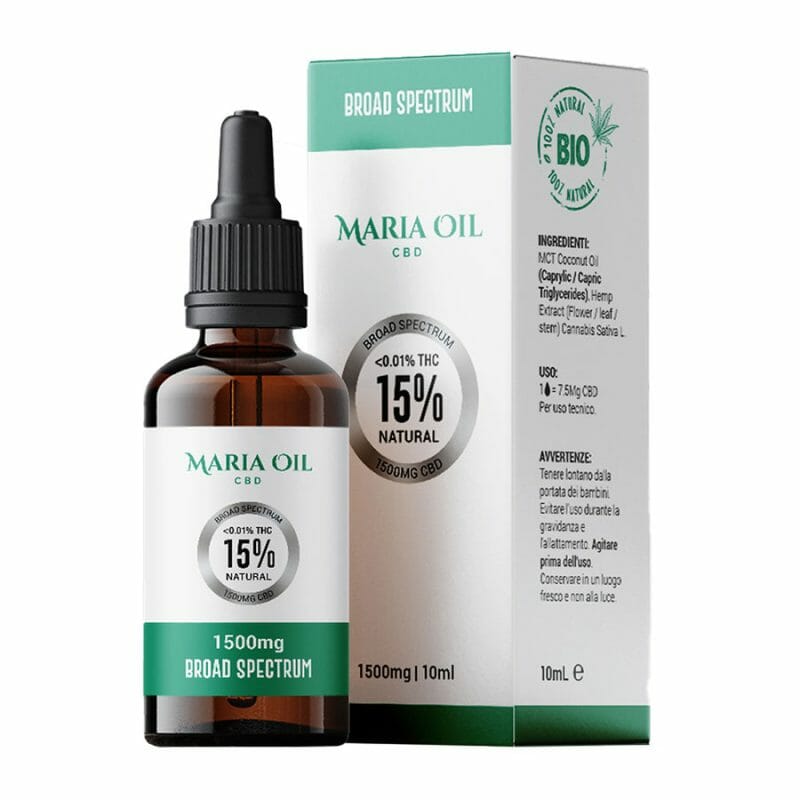 CBD oil 15% (1500mg) Broad SpectrumPrice range: £31.20 through £51.20From 1,71 €/gr
CBD oil 15% (1500mg) Broad SpectrumPrice range: £31.20 through £51.20From 1,71 €/gr -
Product on sale
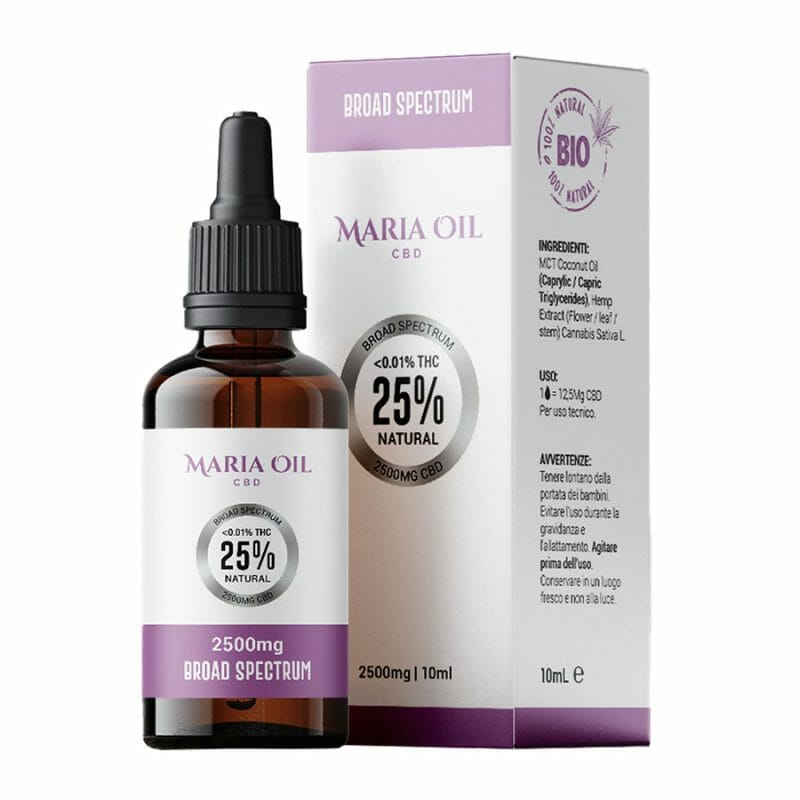 CBD oil 25% (2500mg) Broad SpectrumPrice range: £47.20 through £67.20From 2,24 €/gr
CBD oil 25% (2500mg) Broad SpectrumPrice range: £47.20 through £67.20From 2,24 €/gr -
Product on sale
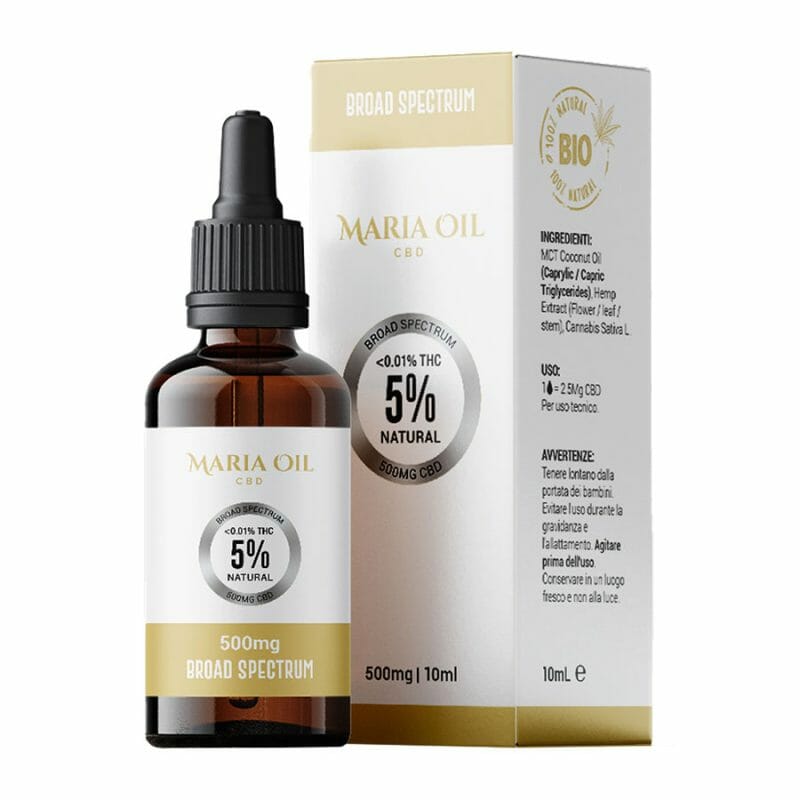 CBD oil 5% (500mg) Broad SpectrumPrice range: £14.25 through £33.00From 1,10 €/gr
CBD oil 5% (500mg) Broad SpectrumPrice range: £14.25 through £33.00From 1,10 €/gr
How to protect the liver with hemp oil?
Although CBD is considered safe, this does not mean that you can do anything to help your liver synthesise it better and smoothly.
If you want to protect the liver and make it work at its best you should:
- Avoid alcohol and drugs, as we have seen can be very deleterious to liver health;
- Follow a balanced diet suited to your lifestyle, body size and level of physical activity during the day;
- Do sports, because movement is essential to keep the whole body healthy.
To protect the liver you simply need to introduce healthy habits into your routine. They are then the ones that allow you to ensure the proper functioning of any organ in your body.
Also remember not to overload the liver with too many substances otherwise it may struggle to synthesise them, resulting in discomfort. In addition to avoiding toxins, also be careful with medications, not to take too many of them all at once.
Even natural substances can be complex for the liver to synthesise, so try not to overdo it. This way you will be sure to properly assimilate the products you take in, whatever kind they are.
How to use CBD safely
Although the effects of CBD on the liver are not negative, it is always good to treat it as a potent substance. Because that is exactly what we are talking about.
Let’s summarise how you should use CBD:
- Take it in the correct doses: always start with a low dosage, especially if it is your first time, you can then gradually increase until the first positive results are achieved, and remember that if you are in doubt it is always best to seek medical advice;
- Follow the recommended methods of use: certain products can be used in multiple ways depending on your needs, so always read what it says on the label and rather ask the manufacturer for clarification;
- Avoid mixing CBD with other drugs: this is absolutely to be avoided because it can either render both treatments ineffective or double the contraindications, in either case you would not achieve the goal;
- Limit alcohol: it’s not good for your liver and your body in general-eliminate habits that can harm your liver.
Now all you have to do is find quality, 100% organic CBD products to try. In the Maria CBD Oil CBD shop, you will find a wide selection ranging from products with lower concentrations of active ingredient to much more potent products. Visit the store now and find the one that suits you best.
 Contact us
Contact us 






